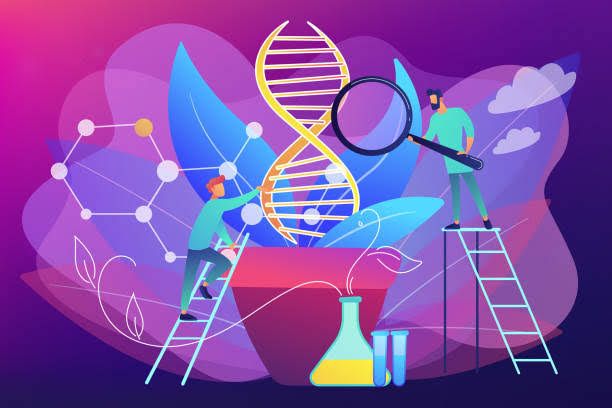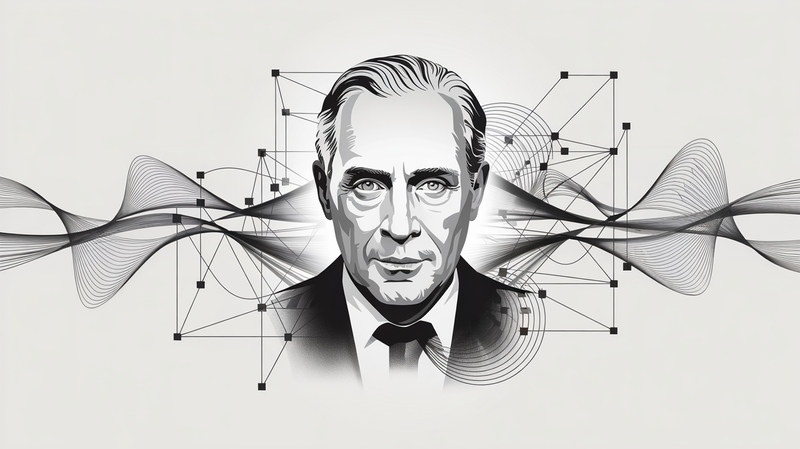DNA Complexity: A Potential Challenge to Darwinian Evolution Theory?
For centuries, Darwin's Theory of Evolution has been a cornerstone in our understanding of the natural world. The concept of natural selection, survival of the fittest, and genetic mutation has shaped our perception of how species evolve and adapt over time. However, recent advances in genetic science have

For centuries, Darwin's Theory of Evolution has been a cornerstone in our understanding of the natural world. The concept of natural selection, survival of the fittest, and genetic mutation has shaped our perception of how species evolve and adapt over time. However, recent advances in genetic science have opened new doors to understanding life's intricacies, raising profound questions and posing potential challenges to some facets of the traditional Darwinian perspective.
As we delve into the innermost structure of DNA molecules, scientists observe an intricate system of coded information, likened to complex genetic programs akin to bio-computing. These profound observations led experts at the Quantum Genetics Institute to embark on a journey to decipher the enigmatic text within DNA molecules.
This extensive 'text' embedded within DNA, found to occupy around 95-99% of all chromosomal content, has added a new layer of complexity to our understanding. Intriguingly, this 'text' surpasses the scope of genes, which constitute only 1-5% of the chromosomal content and are known to be responsible for synthesizing proteins and dictating physical traits.
The DNA 'text,' according to scientists, resembles a book, but with a unique twist. It is readable not just line by line, but from any given point, since there are no discernible pauses between words. As one progresses with the reading, more texts unfurl with each succeeding character. The text is not stationary; it pulsates, breathes, generating a multitude of texts, which adds to the complexity of the reading process.
These astonishing observations led scientists to postulate that humanity could be an evolving text structure. From the inception at the egg cell, the biological construction of an organism is realized through biofields—photonic and acoustic. This suggests that our genetic apparatus harbors an endless array of languages. Each one of us is an embodiment of a living, breathing book, read and written by nature itself.
This paradigm of thought raises critical questions about Darwinian evolution. Some scientists argue that the sophisticated programming observed in DNA seems too intricate to have emerged from the gradual process of evolution. The sheer magnitude of the information stored within DNA purportedly exceeds the temporal confines of the universe's existence.
However, such a perspective remains controversial within the scientific community. While the complexity of DNA and our increasing understanding of it indeed introduce new layers of thought, the majority of the scientific community continues to back Darwinian evolution. This theory is supported by a myriad of evidence, from the fossil record to genetic commonalities across species. The complexity within DNA could well be a testament to the profound intricacies of evolution itself.
Nevertheless, this discussion invites us to further explore the depths of genetic science. While we cannot outrightly refute the foundation that Darwinian theory provides, the new insights prompt us to expand our understanding, asking more profound questions, exploring the possible existence of a superintelligence that programmed this biological text, and seeking potential intersections between evolutionary biology and quantum genetics.
Thus, while it is too early to deem Darwin's theory obsolete, the intricate 'text' within our DNA undoubtedly urges us to probe deeper into life's mysteries, keeping the scientific spirit of curiosity and inquiry alive.




